Team per la Trasformazione Digitale - Presidenza Consiglio dei Ministri
Innovation7: a conversation on the opportunities offered by digital innovation from the G7
Innovation7: a conversation on the opportunities offered by digital innovation from the G7
#Innovation7
Diego Piacentini, Italian Government Commissioner for the Digital Agenda, illustrates the work of I-7, the G7 engagement group that is taking place today at the Reggia di Venaria in Turin.
On this page images, photos, videos and news updated in real time from the event
Venaria, Turin, September 25, 2017. The I-7 Innovators’ Strategic Advisory Board on People-Centered Innovation is the engagement group launched last May during the G7 Summit in Taormina. The group is in charge of providing guidance on emerging innovation issues.
The creation of this group is an experiment proposed by the Italian G7 Presidency with the goal of driving attention towards the multiple challenges that innovation poses and cannot be faced only at national level. Each country and the EU have designated their own group of experts who are now confronting in closed-door meetings on the three issues under discussion.
The I-7 Innovators will call governments to action by drawing attention to the gap between the current potential of technological advances and the actual adoption from institutional organizations.
The meeting, as explained by the Italian Focal Point, will be divided into three sessions:
“By becoming model users, Governments can tap the unprecedented opportunities offered by digital innovation to create new services with a positive impact not only on their citizens’ well-being but also on the innovation ecosystem as a whole“ says the Italy Focal Point, Diego Piacentini, Italian Government Commissioner for the Digital Agenda.
Parallel Session 1. Artificial Intelligence (AI). How can AI help governments make better decisions and deliver policies and services more effectively?
“AI represents one of the most intriguing and promising fields of innovation and has the potential to dramatically improve the way public and private services are delivered” says Diego Piacentini. “AI could have plenty of applications in government. As an example – applicable to e-government in particular – the private sector is already delivering “chatbots” and using NLU (Natural Language Understanding) to automate and improve services for customers. But much more can be shaped by AI: from traffic management and self-driving cars to security and emergency management. Furthermore, AI technologies may not be governable by the existing regulatory frameworks, presenting a unique policy challenge compared to prior innovations. In this session, innovators will discuss and generate ideas about how governments can take advantage of AI”.
Parallel Session 2. Big Data: from regulation to active management. How can a more proactive approach to Big Data lead to smarter countries?
“Big Data represents the “fuel” of tomorrow’s production and a critical feed on information to AI-based services” continues Piacentini. “In this session, innovators will be asked to discuss how a more proactive approach to Big Data could help tackle social and productive challenges in new ways, magnifying the effects on people’s well-being and businesses’ competitiveness. Government Big Data is usually stored in silos, and we need to find leverage points to convince the gatekeepers of the silos to collaborate. For example, should governments build national Data Analytics Frameworks as a necessary step to building “Government as an API”? Furthermore, once again, Big Data may not be governable by the existing privacy regulatory frameworks, presenting a unique policy challenge”.
Parallel Session 3. The changing nature of society: the future of work. How could innovation help to deal with upcoming social and demographic changes?
“The present narrative is much too focused on the negative effects of technology on jobs and employment. As ever, innovation is destroying old jobs while creating new ones. In this session, innovators will highlight how new technologies are shaping the future world of labor, and identify those skills which will be more in demand, thus helping workers reap the benefits of change”.
"At the end of the day," concludes Diego Piacentini "will be presented a summary of the work done by the Innovators who came from all G7 Member States to Turin to present our conclusions to ministers and institutional stakeholders before their tomorrow's press conference".
| Marisandra Lizzi Communication and PR Email: marisandra@teamdigitale.governo.it Twitter: @marisandralizzi Facebook: marisandra.lizzi |
||||||
|
DIGITAL TRANSFORMATION TEAM Italian Government |
|||||
| teamdigitale.governo.it | ||||||
Caricato il 25/09/2017
Settori
- Tecnologia

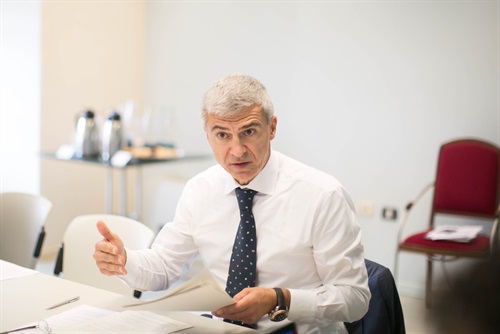
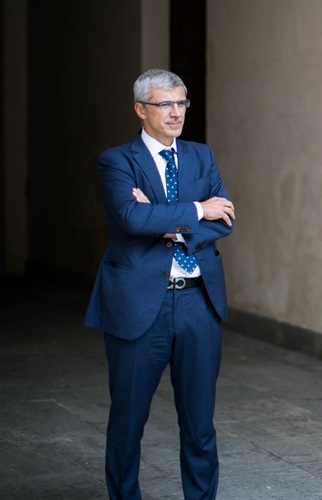
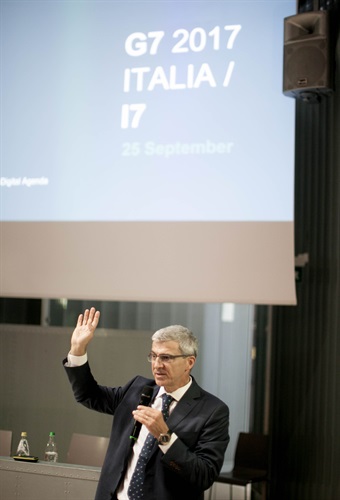
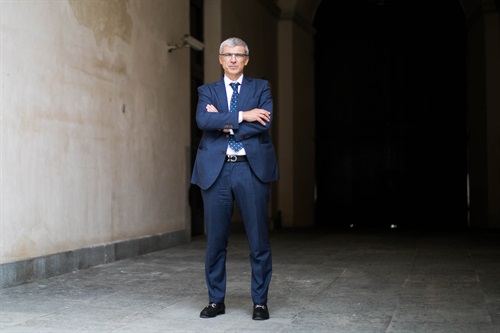
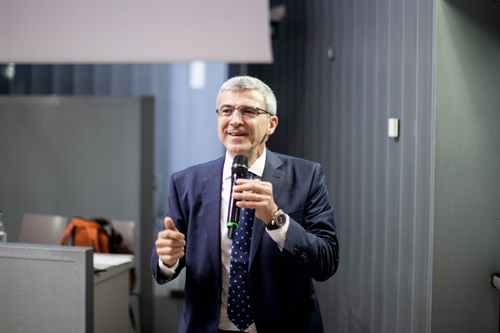
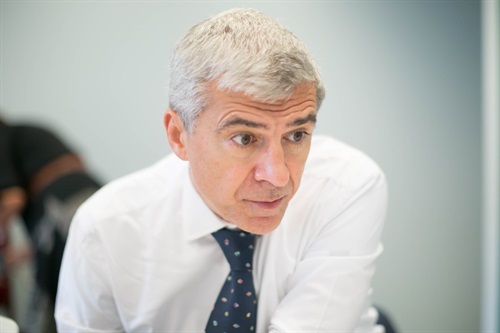
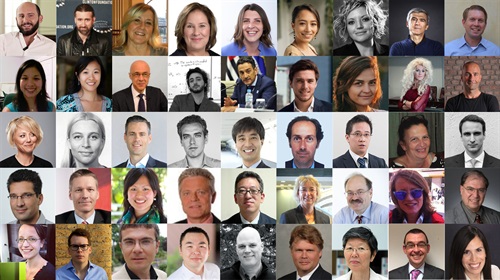

 I-7 Innovators’ Strategic Advisory Board on People-Centered Innovation
I-7 Innovators’ Strategic Advisory Board on People-Centered Innovation